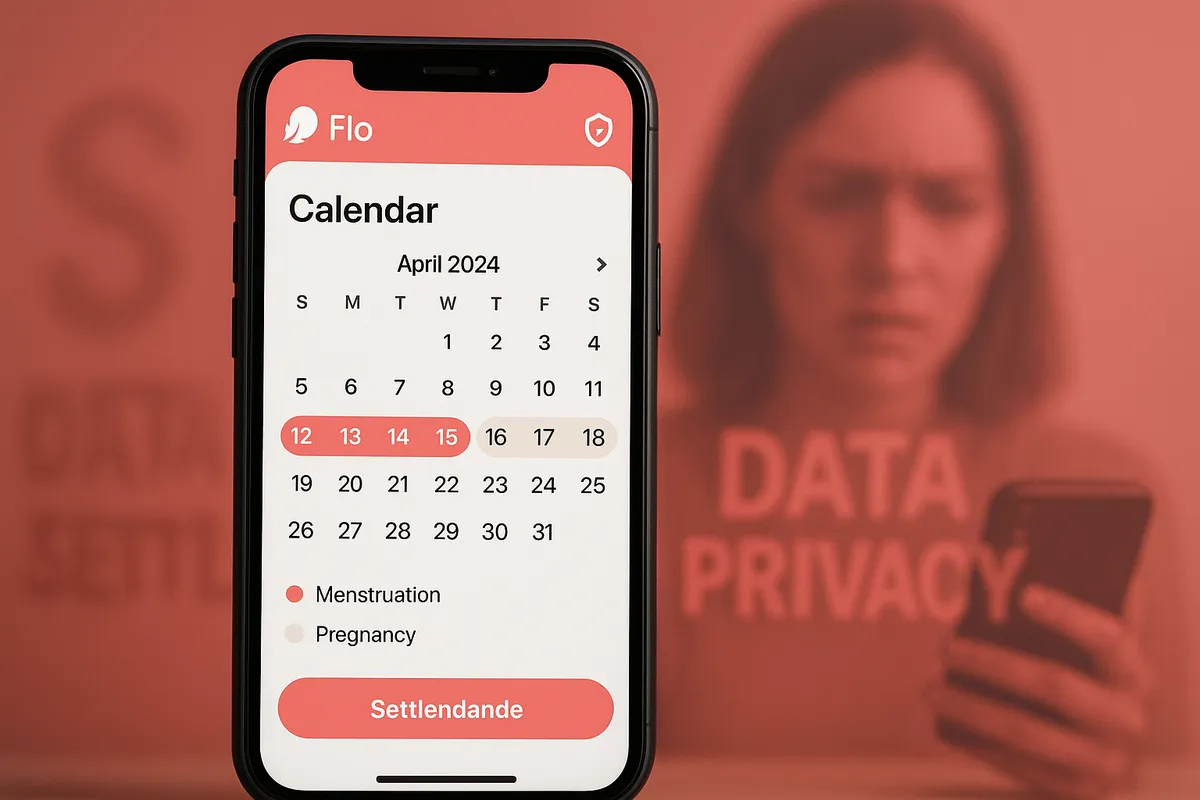Publix Super Markets Faces Lawsuit Over Alleged Ineffective Cold & Flu Drugs

Publix Super Markets, Inc., a popular and trusted name in the grocery business, has offered customers what they believed to be an effective remedy for their congestion issues. Little did they know, they were allegedly buying into a product that was ineffective and falsely marketed, according to a lawsuit filed by Krystal Rampalli.
Rampalli's lawsuit, filed on October 2, 2023, in the United States District Court for the Middle District of Florida, Tampa Division, alleges that Publix Super Markets, Inc. knowingly sold a product that was ineffective for its intended purpose. The product is a tablet-style phenylephrine medicine called "Publix Daytime, Cold & Flu Relief, Multi-Symptom, Softgels." The lawsuit claims the product was marketed as an effective decongestant for sinus issues. However, a United States Food & Drug Administration (FDA) advisory board panel found its primary ingredient, phenylephrine, ineffective.
The lawsuit alleges that "The Drugs were known to be ineffective for over 15 years, but Defendant continued to market and sell them." This claim is particularly concerning, as it suggests that Publix Super Markets, Inc. knowingly misled consumers for a significant period of time. The lawsuit further alleges that the defendant's drugs containing phenylephrine were brought to market as alternatives to other medicines prone to abuse in methamphetamine production.
The lawsuit lists several legal claims against Publix Super Markets, Inc., including negligence, negligent misrepresentation, unjust enrichment, breach of express warranty, breach of implied warranty of fitness for a particular purpose, breach of implied warranty of merchantability, breach of contract, strict product liability for misrepresentation, fraud, and fraudulent misrepresentation.
The allegations essentially charge that Publix Super Markets, Inc. knowingly sold a product that was not fit for its intended purpose and misrepresented the product's effectiveness to consumers. According to the lawsuit, this constitutes a breach of both express and implied warranties and a violation of consumer protection laws.
In terms of damages, the lawsuit states that "Plaintiff and the Class seek actual damages, attorneys' fees, costs, restitution, disgorgement of ill-gotten benefits, and any other just and proper relief." This suggests that the plaintiff is seeking compensation for the cost of the ineffective product and the potential harm caused by the defendant's alleged negligence and misrepresentation.
The lawsuit represents a class of "All persons in the United States who purchased Defendant's Drugs from 2020 to the present." This means anyone who purchased the product during this period could join the lawsuit and seek damages.
This case is yet another product liability case brought in the wake of the FDA's findings that phenylephrine is an ineffective decongestant. It is also a reminder of the importance of consumer protection laws and the potential consequences for companies that disregard them. It remains to be seen how the court will rule on this matter, but the allegations put forth by Rampalli are undoubtedly serious and could have significant implications for Publix Super Markets, Inc.

.webp)
.webp)
.webp)

.webp)
.webp)
.webp)
.webp)
.png)






.webp)





.svg)